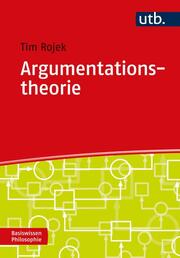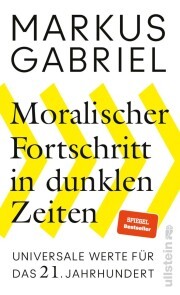Can thought become quiet?
Hörbuchdownload - Nine Public Meetings Amsterdam 1968, Gelesen von Jiddu Krishnamurti
Erschienen am
01.01.2018
Bibliographische Informationen
ISBN/EAN: 9781912875641
Sprache: Englisch
Seiten: 0 S., 473.32 MB
Auflage: 1. Auflage 2018
Hörbuch
Format: MP3 (in ZIP-Archiv)
Digitale Rechteverwaltung:
Format: MP3 (in ZIP-Archiv)
Digitale Rechteverwaltung:
Beschreibung
IF WE MAY, we will continue with what we were talking about yesterday. When you look at a field stretching out to the horizon - a field of tulips - words come into your mind: how beautiful it is, the colour, the brilliancy, the texture, the depth of the colour. This whole field of colour with its beauty is put into words. Or you translate it in terms of some symbol; or you want to write about it, paint it, carry some of those flowers back to your house. And as you observe, thought begins to discern, to judge, to evaluate. And as you still go on looking, there is a space between you and the flower, between you and that field of brilliant colour. This space, this division between the observer and the thing observed, the thinker and the thought, means there are two separate things. In this division between the observer and the thing observed is the whole issue of life, the whole problem of existence. In that division there is conflict, there is choice, there is constant struggle.As we said yesterday morning, we have many problems at all levels of our existence. And we ask ourselves if it is not possible to find the root of all these innumerable, complex, subtle problems, instead of dealing with each problem by itself; whether we could not by observing the very core, the very root of our problems, go beyond, by finding that one root from which all our problems spring.And we also asked yesterday whether it is possible for man, living in modern society, with its tremendous pressures, with its competition, with its corrupt morality, with its total disorder, whether it is at all possible to be free of fear. Not only the fear of something we do not know - as death - but also the fear of life, this daily, monotonous life of routine, of strife, of endless competition; this constant measuring of oneself with something more, the measurement of success, of achievement, in which there is frustration, agony, an incessant struggle within and without. Can man - that is, you and I - ever be free from this central issue, or rather one of the main issues of life, which is fear?
Autorenportrait
J. KRISHNAMURTI Jiddu Krishnamurti (May 12, 1895February 17, 1986) was a world renowned writer and speaker on philosophical and spiritual subjects. His subject matter included: the purpose of meditation, human relationships, the nature of the mind, and how to enact positive change in global society. Krishnamurti was born into a Telugu Brahmin family in what was then colonial India. In early adolescence, he had a chance encounter with prominent occultist and high-ranking theosophist C.W. Leadbeater in the grounds of the Theosophical Society headquarters at Adyar in Madras (now Chennai). He was subsequently raised under the tutelage of Annie Besant and C.W. Leadbeater, leaders of the Society at the time, who believed him to be a "vehicle" for an expected World Teacher. As a young man, he disavowed this idea and dissolved the world-wide organization (the Order of the Star) established to support it. He claimed allegiance to no nationality, caste, religion, or philosophy, and spent the rest of his life traveling the world as an individual speaker, speaking to large and small groups, as well as with interested individuals. He authored a number of books, among them The First and Last Freedom, The Only Revolution, and Krishnamurti's Notebook. :" In addition, a large collection of his talks and discussions have been published. At age 90, he addressed the United Nations on the subject of peace and awareness, and was awarded the 1984 UN Peace Medal. His last public talk was in Madras, India, in January 1986, a month before his death at home in Ojai, California. His supporters, working through several non-profit foundations, oversee a number of independent schools centered on his views on education in India, England and the United States and continue to transcribe and distribute many of his thousands of talks, group and individual discussions, and other writings, publishing them in a variety of formats including print, audio, video and digital formats as well as online, in many languages.
Weitere Artikel aus der Kategorie "Philosophie/Allgemeines, Lexika"
Lieferbar innerhalb 1 - 2 Wochen














